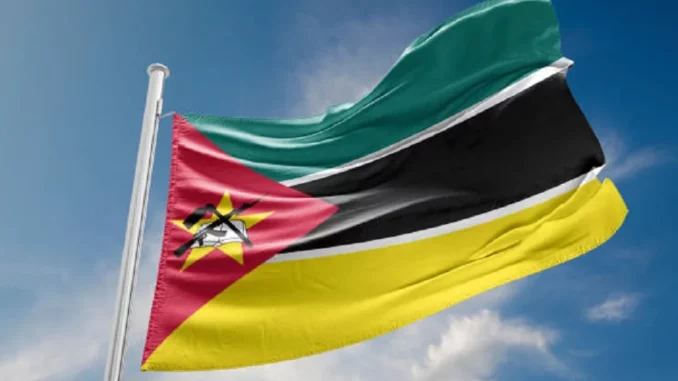
On Tuesday September 10, Standard & Poor’s (S&P) warned that Mozambique will face substantial domestic debt repayments over the next two years, totaling around one billion euros. These large payments will present significant economic challenges for the country.
Leon Bezuidenhout, deputy director of S&P’s sovereign ratings department, told Bloomberg that Mozambique will need to make payments of 38 billion meticais (approximately 545 million euros) in 2025 and 34 billion meticais (about 480 million euros) in 2026. He noted, “These are very large maturities” and indicated that managing these obligations will require political compromises from the government. Despite these challenges, Bezuidenhout mentioned that the local financial system still has the capacity to handle additional issues, though interest rates are “extremely high.”
The rise in domestic debt follows Mozambique’s exit from international financial markets due to the hidden debts scandal, where undisclosed loans were taken without parliamentary approval or informing international donors. This scandal forced the country to rely on domestic debt for public spending.
S&P analysts noted in April that Mozambique has begun paying a higher coupon on its Eurobond maturing in 2031. The coupon rate has increased from 5% (47 million dollars or 44.1 million euros annually) to 9% (81 million dollars or 76 million euros) from 2023 to 2028, and will further rise to 225 million dollars (211 million euros) per year between 2028 and 2031.
The International Monetary Fund projects Mozambique’s growth at around 5% for this year. However, with public debt reaching 97.5% of GDP—one of the highest in Africa—the government is constrained by a financial adjustment program that mandates allocating 20% of tax revenue to debt servicing.
